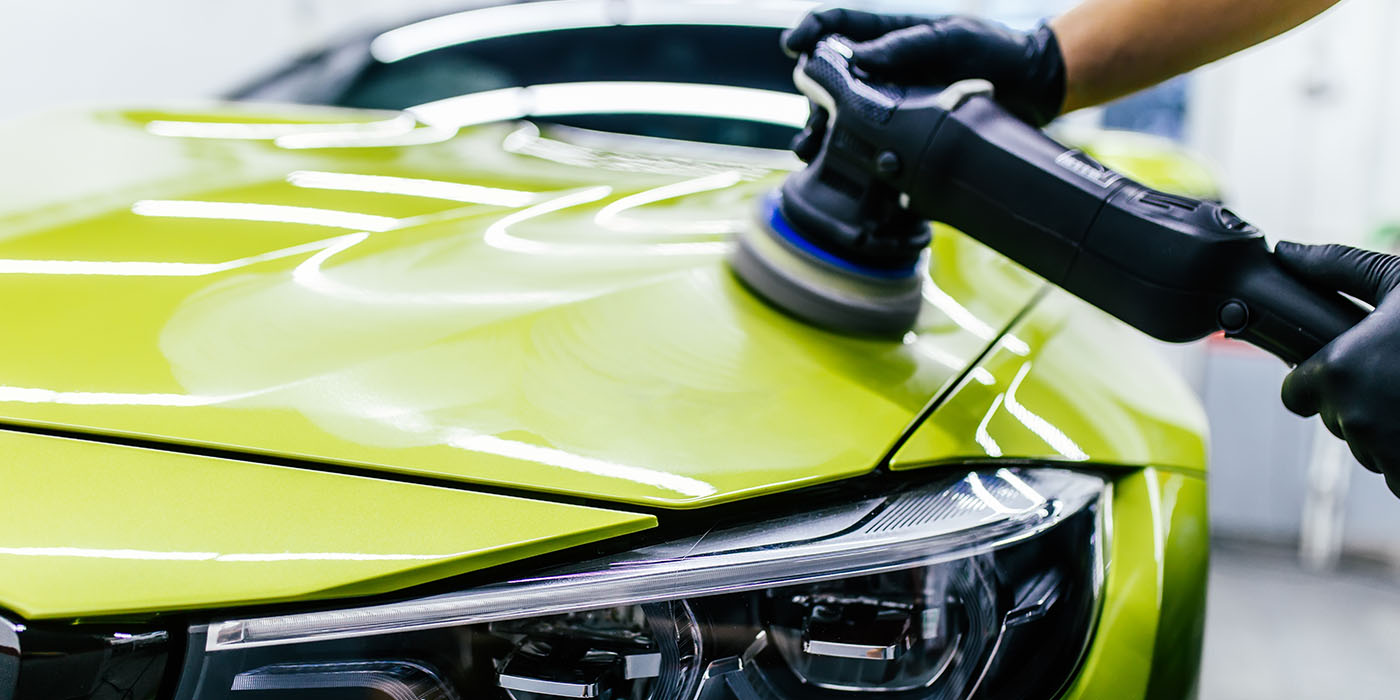Die & toolmakers are a type of machinists in the manufacturing industry who make fixtures, dies, molds, jigs, machine & cutting tools and gauges among other tools utilised in manufacturing processes. Depending on the area of specialization a person works focuses their skills in, they may be referred to as variations of the name, including toolmaker, diemaker, moldmaker and/or fitter.
Primarily based in a tool room environment— die and toolmakers often work solely in one room but more often will be based in an environment with certain boundaries from any production area. Toolmakers are skilled artisans who traditionally learn the tricks of their trade with a combination of theoretical certifications and practical instructions. Intensive on-the-job practise serves as an apprenticeship. Applied science and art are intertwined in the toolmaker’s work, being part of the engineering world. The manufacturing engineers & toolmakers will often work closely together as part of a manufacturer’s engineering team. In this industry, there is often a cycle of moving between the two careers, as people may often find themselves working in with role at different points along their career journey. Both careers demand a degree of talent in both creative fields and maths/science fields.
Automotive Toolmaking
The craftsmanship and thorough attention to detail of skilled toolmakers results in highly precise, hand-made tools. This is a crucial requirement in automotive toolmaking, where the margin for error needs to be eliminated or at least reduced to acceptable levels.
Once a tool is professionally manufactured from all of its individual components, it’s optimised to match the task of a serial production run. As part of service level guarantees and post-production processing, company’s are often at the behest of customers as regards maintenance, repairs and further modifications.
Expertise of toolmakers
- Tooling feasibility support & consulting: Pre-empting tool requirements and the logistics and feasibility of using these tools for a particular manufacturing production
- Part maturation (CATIA V5): Using Catia V5 software, investigations of how a part will remain over time, such as if it’s a part exposed to adverse weather or extreme wear and tear.
- Tool design (CATIA V5): This is a software used in the industry, used to digitally design tools and dies.
- CNC programming: Programming the CNC machines is an art in itself. IF the programming is wrong, the tool won’t be 100% accurate, as designed.
- Try-out and maturation: Testing the tools and seeing how stable and precise they remain over time is important for a number of reasons, including precision, accuracy, calibration and reliability.
- Tool maintenance and repair: Building tools is one thing, but maintaining existing tools and preparing them when they go down is just as important in the automotive industry. The show must go on! Having specialist staff to focus solely on repairs is an important human resource to consider for toolmaking.
So that’s an introduction to automotive toolmaking. From milling & drilling to grinding & eroding, toolmaking is a fine mix of art and science, used to produce finely tuned parts we use every day in our vehicles and work machines.











Comments